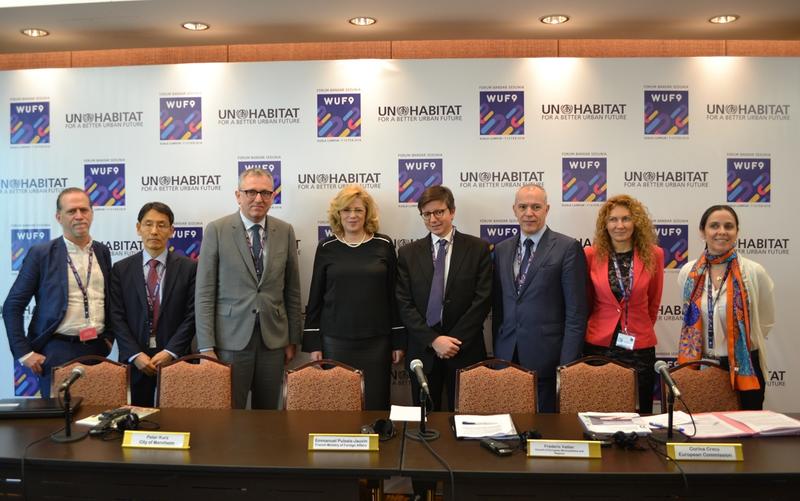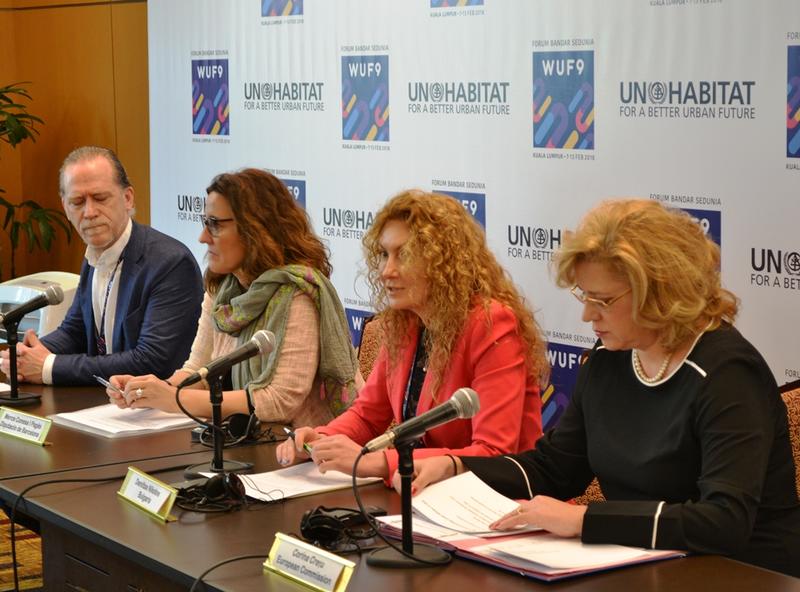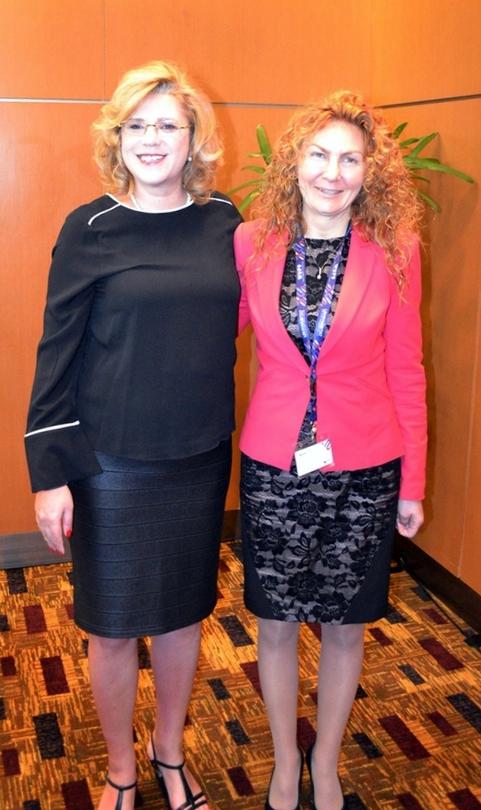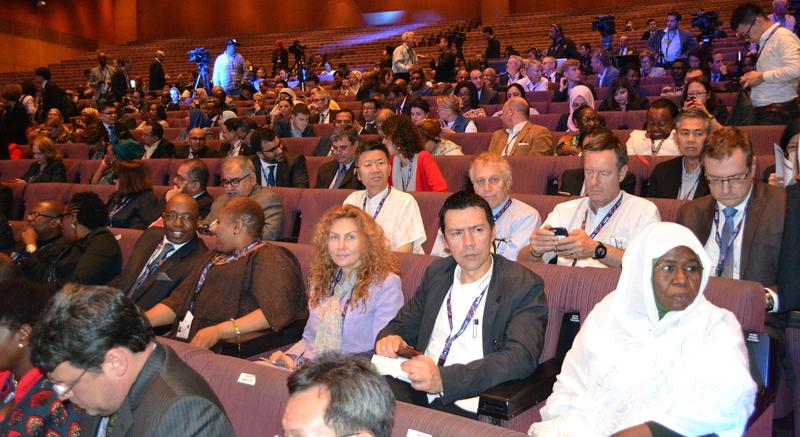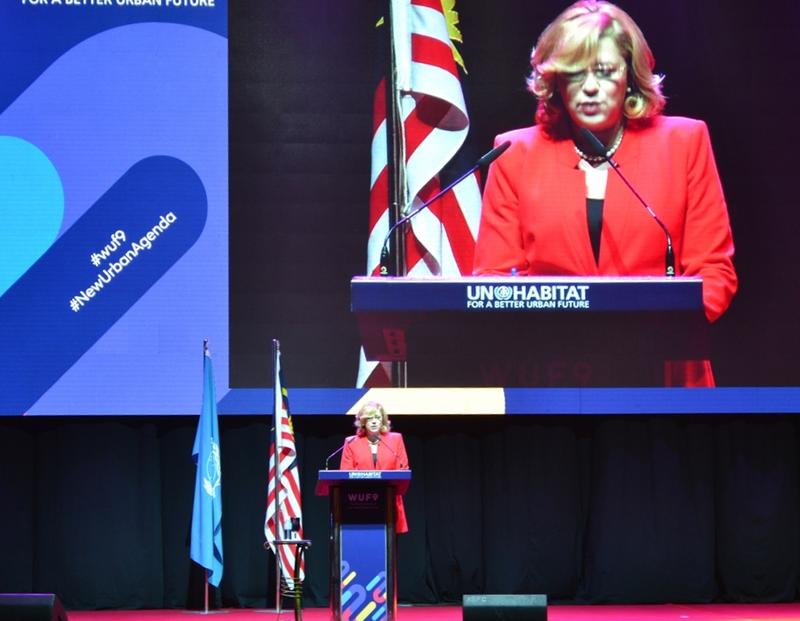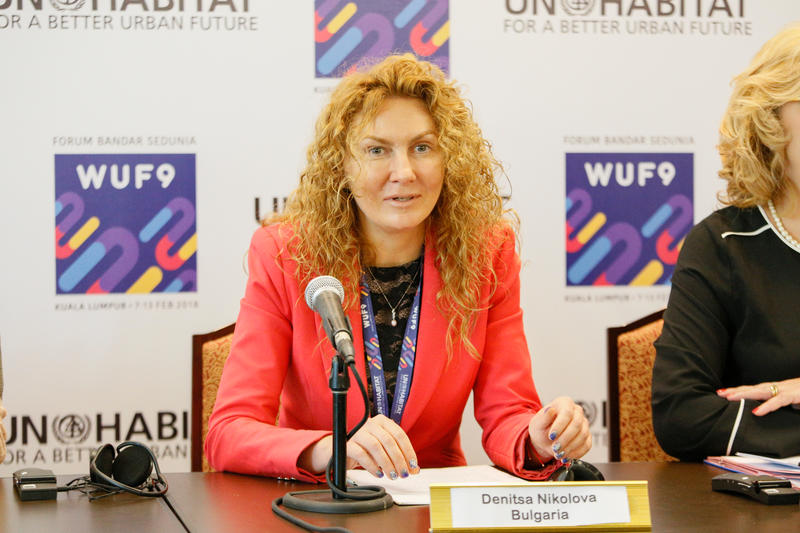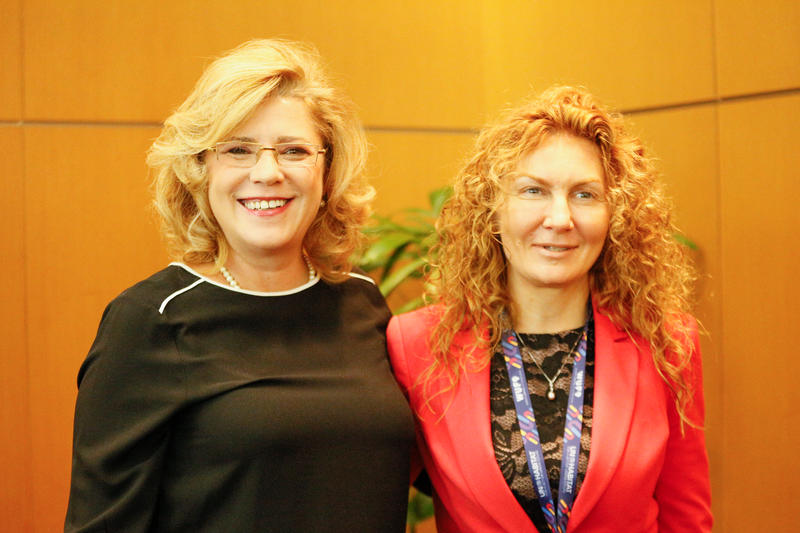Bulgaria and 192 countries support the UN New Urban Agenda as a key problem-solving policy in the cities
Bulgaria and 192 countries support the UN New Urban Agenda as a key problem-solving policy in the cities
By Ministry of Regional Development and Public Works
Deputy Minister Denitsa Nikolova: It is important to strive for a balanced territorial development in order to reduce the negative trends in small settlements
Bulgaria, as a Member State and a rotating President of the Council of the European Union, supports the UN New Urban Agenda and will continue striving to implement it at the national level as the preferred policy for solving the problems and facing the challenges in the cities. This was announced by Denitsa Nikolova, Deputy Minister of Regional Development and Public Works, who attended the Ninth session of the World Urban Forum in Kuala Lumpur, Malaysia. The biennial event is held in different locations and the current session is dedicated to the implementation of the UN New Urban Agenda following the Quito Conference in 2016. The theme of the forum is “Cities 2030 - Cities for All”.
Deputy Minister Nikolova, in her capacity of Chairman of the EU Council on Urban Development, supported the messages of Corina Kretsu, EU Commissioner for Regional Policy, on the strategic implementation and progress made on the EU Urban Agenda in a session organized by the EC.
In her speech Nikolova noted that the challenges cities are facing highlight the need for a peer vision for urban development, which unites all efforts to achieve sustainable development. She pointed out that the EU Urban Agenda aims at a balanced, sustainable, and integrated urban development. “It aims to mobilize European cities to implement all the important policies as specified in 12 cooperation partnerships for more knowledge, better legal framework and more integrated funding,” Denitsa Nikolova said. Bulgaria contributes to the implementation of the EU Urban Agenda by participating in 4 partnerships on urban mobility, digitization, climate change adaptation, as well as innovative and responsible public procurement. “It’s important to us to continue the efforts to achieve balanced territorial development so as to reduce the negative demographic and economic impact in small-sized and medium-sized cities. We will encourage the discussion on the polycentric model for territorial development as well as the balanced integrated investment approach that will allow funding and development of smaller and peripheral settlements in order to increase their economic potential,” the Deputy Minister said. Denitsa Nikolova highlighted the fact that Bulgaria is one of the Member States with the greatest contribution to the implementation of the activities for sustainable and integrated urban development through the Operational Program Regions in Growth and the European Territorial Cooperation programs. “The polycentric and balanced territorial development is very important for Bulgaria and is one of the main horizontal issues included in the Pact of Amsterdam (the main document related to the implementation of the EU Urban Agenda),” she reminded.
“Our commitment at the EU level is to keep promoting the UN New Urban Agenda as we are convinced that cities play an important role in the development and implementation of policies at the European level,” Denitsa Nikolova said. According to her, EU and UN initiatives for urban development should have a synergy effect in finding the right balance of economic growth and quality of life, of economic and social prosperity of the cities.
The forum was opened by Mohammad Najib bin Tun Haji Abdul Razak, Prime Minister of Malaysia, and Ms. Mohd Sharif, Executive Director of UN-HABITAT, in the presence of ministers, deputy ministers, and many others. There are more than 25,000 delegates from 193 countries.



